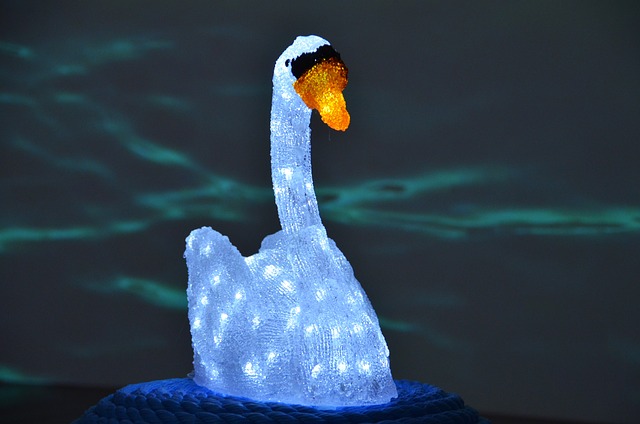Understanding your water heater options is crucial for efficient Water Heater Installation. Compare traditional tank heaters, which are affordable but inefficient, with tankless models that offer long-term savings and modern convenience. Assess your space, safety hazards, and budget before installation. DIY installation saves costs but requires proper tools and knowledge; professional installers ensure expert setup. Get competitive quotes from multiple providers online or through local directories for the best rates. Consider energy-efficient models with government incentives for significant long-term savings on Water Heater Installation.
Looking to install a new water heater but unsure where to start? This comprehensive guide breaks down the process, from understanding different water heater types and budgeting for installation to ensuring safe placement and troubleshooting common post-installation issues. We’ll walk you through each step, provide essential tools and materials lists, and offer tips on energy-efficient options and DIY vs. professional installation. Get ready to find the best deals on your new water heater with confidence!
Understanding Water Heater Types and Costs
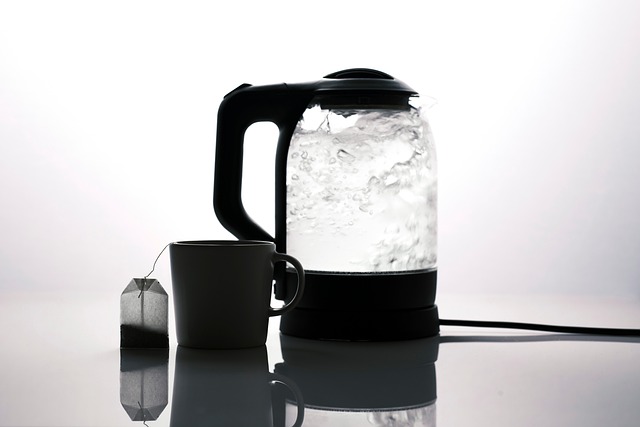
When considering water heater installation, understanding the types available and their associated costs is a crucial first step. The market offers various options, each with unique features and price points. Traditional tank water heaters are a common choice, known for their reliability and affordability. These units store hot water in a reservoir, ensuring a consistent supply. While they may be more cost-effective initially, they can lead to higher energy bills due to constant heating. On the other hand, tankless water heaters provide hot water on demand, eliminating the need for storage, which can save space and reduce energy consumption. However, their upfront costs are generally higher.
The price of water heater installation varies based on these types and several factors. Tank models usually have lower initial expenses but may require additional costs for larger families or higher hot water demands. Tankless heaters, though more expensive to install, offer long-term savings and are ideal for modern, energy-efficient homes. Comparing options, considering your budget, and understanding the specific needs of your household will help guide the decision-making process for efficient water heater installation.
Preparing for Installation: Space and Safety Considerations

Before scheduling water heater installation, ensure there’s adequate space for the new unit. Consider both the physical dimensions of the heater and any clearance needed around it for easy access and ventilation. A well-planned layout guarantees a smooth installation process and prevents future disruptions.
Safety is paramount during water heater installation. Identify potential hazards, such as exposed wires or gas lines, and ensure they are correctly secured and protected. Turn off the water supply to avoid leaks and consult a professional if you have any concerns. Prioritizing safety measures ensures a secure installation and minimizes risks associated with handling hot water systems.
Step-by-Step Guide to Affordable Water Heater Installation

Installing a water heater yourself can be a cost-effective solution, saving you time and money compared to professional services. Here’s a step-by-step guide for an affordable water heater installation:
1. Measure and Prepare: Determine the size of your new water heater based on your hot water usage needs. Ensure the area where the heater will be installed is clear, allowing for easy access and proper ventilation. Turn off the incoming cold water supply valve to prevent any accidents during the process.
2. Remove the Old Heater: If you have an existing water heater, carefully remove it from its position. This step may involve detaching electrical connections and draining the tank to make it lighter and easier to handle. Once removed, inspect the space for any necessary repairs or adjustments to ensure a secure fit for your new heater.
Tools and Materials Needed for a Successful Installation
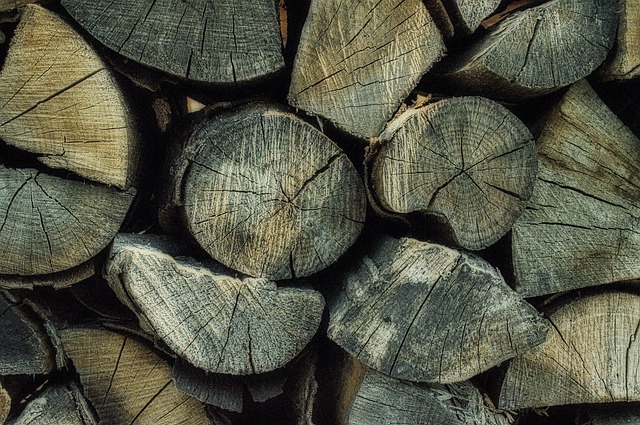
For a successful affordable water heater installation, having the right tools and materials is essential. This includes basic plumbing tools such as wrenches, pliers, and screwdrivers for connecting pipes and electrical components. Additionally, insulation tape, pipe joint compound, and a new water heater tank are necessary to ensure proper sealing and safety.
Other important items include a new hot water heater element, heat insulator, and a set of gloves and safety goggles for protection during the installation process. Having these tools on hand allows for a smoother, more efficient installation, ultimately saving time and money in the long run.
Troubleshooting Common Issues After Installation
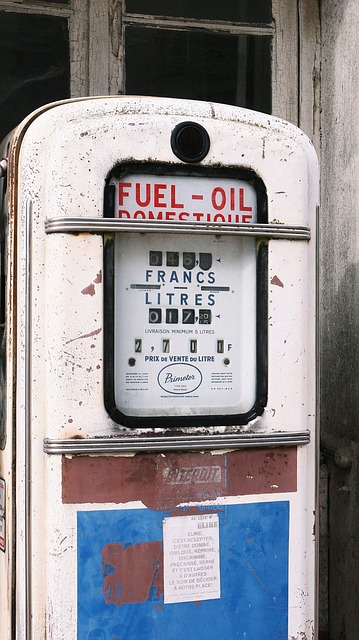
After a successful water heater installation, it’s common to encounter minor issues that can be easily resolved. One frequent problem is an inadequate hot water supply, which could be due to several factors. Check if the heating element is functioning correctly and properly sized for your tank’s capacity. Insufficient hot water might also result from thermostat settings; ensure they are adjusted to the desired temperature.
Another common issue is strange noises coming from the heater. These sounds can range from banging to rumbling. Typically, these noises indicate sediment buildup or loose parts. Regular maintenance and flushing of the water heater can prevent this. If the problem persists, inspect the tank for any debris or corroded components, as these may need replacement.
Maintaining Your New Water Heater for Longevity
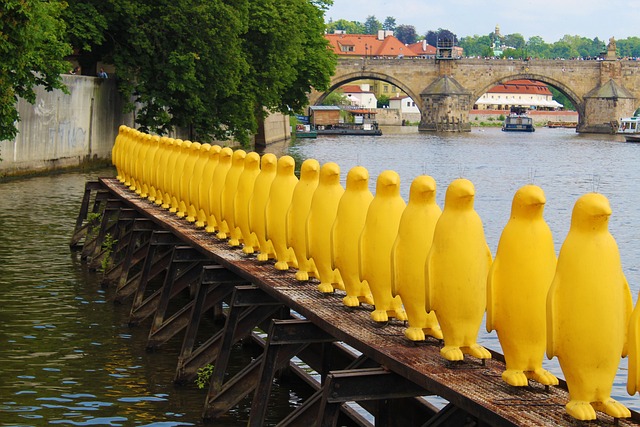
After a successful water heater installation, maintaining your new system is key to ensuring its longevity and optimal performance. Regular maintenance can prevent costly repairs or premature replacements. Start by setting a schedule for checking the water heater’s pressure relief valve, which protects the tank from excess pressure. Ensure it’s working correctly and clean any debris around it.
Additionally, inspect the heater’s connections and insulation regularly. Tighten any loose connections to maintain proper electricity flow and check for signs of damage or corrosion. Keep an eye on your energy bills; unusual spikes might indicate inefficiencies that need addressing. Regular maintenance, coupled with these simple checks, will contribute significantly to the lifespan of your water heater installation.
Energy Efficient Water Heating Options
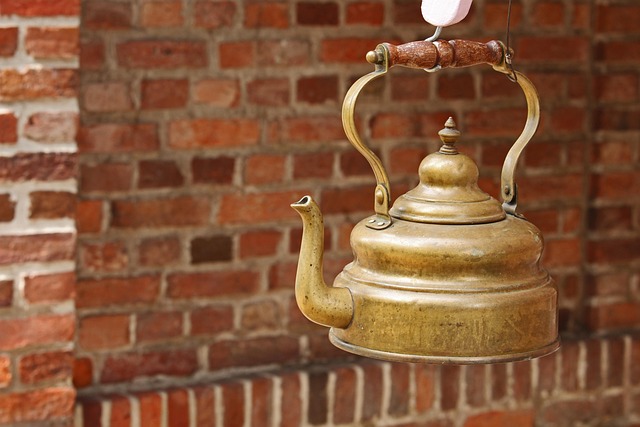
When considering water heater installation, homeowners now have a range of energy-efficient options to choose from, which can significantly reduce utility costs and environmental impact. Modern technology has enabled the development of more advanced heating elements and insulation, making hot water heaters more versatile and cost-effective than ever before.
One popular choice is tankless water heaters, also known as on-demand heaters. These systems heat water only when needed, eliminating the need for a storage tank. This not only saves energy but also extends the lifespan of your heater by preventing temperature fluctuations. Another efficient option is heat pump water heaters, which extract heat from the air or ground to warm water, offering a sustainable and cost-saving alternative to traditional gas or electric heaters. These options are particularly appealing for those seeking affordable Water Heater Installation while contributing to a greener planet.
DIY vs Professional Installation: Which is Right for You?
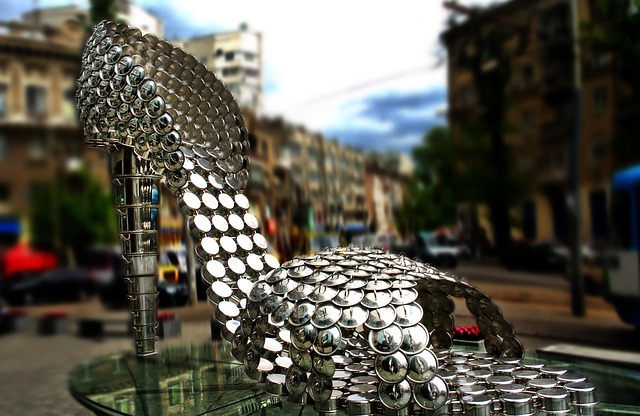
When considering water heater installation, one of the key decisions homeowners often face is whether to tackle the job themselves (DIY) or hire a professional. While DIY enthusiasts might be tempted to save costs by doing it themselves, water heater installation is not always a straightforward task. Professional installers possess the expertise and tools required to ensure a safe and efficient setup, which can be particularly important for newer models with advanced features.
Professional water heater installation offers several advantages. Experts can provide valuable guidance on the most suitable heater type for your home’s needs and energy efficiency goals. They also handle all aspects of the installation process, from removing the old heater to connecting gas lines and electrical components, ensuring a seamless transition without any potential hazards or complications. This option may cost more upfront, but it often results in better long-term performance and peace of mind.
Finding the Best Deals on Water Heater Installation Services
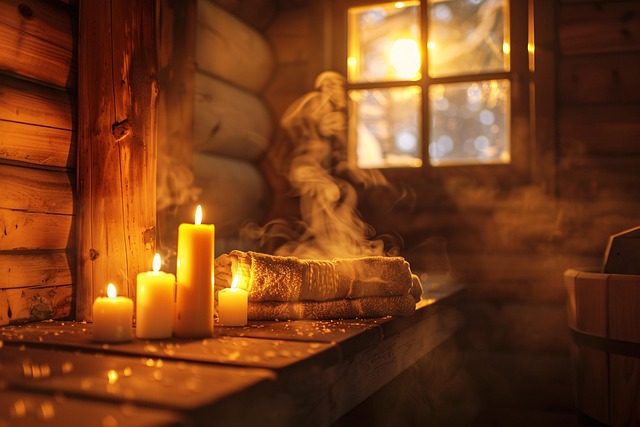
When considering water heater installation, shopping around for the best deals is essential to save on costs. One effective strategy is to compare quotes from multiple service providers. Many companies offer free estimates, allowing you to gauge prices and services before committing. Online platforms and local business directories can be excellent resources to find these quotes easily. Additionally, keep an eye out for seasonal promotions or discounts as some contractors may offer reduced rates during quieter periods.
Another way to find affordable water heater installation is by opting for energy-efficient models. These heaters often come with government incentives or rebates, significantly lowering the overall cost of installation. Moreover, modern, energy-efficient heaters can reduce utility bills in the long run, making them a worthwhile investment.
